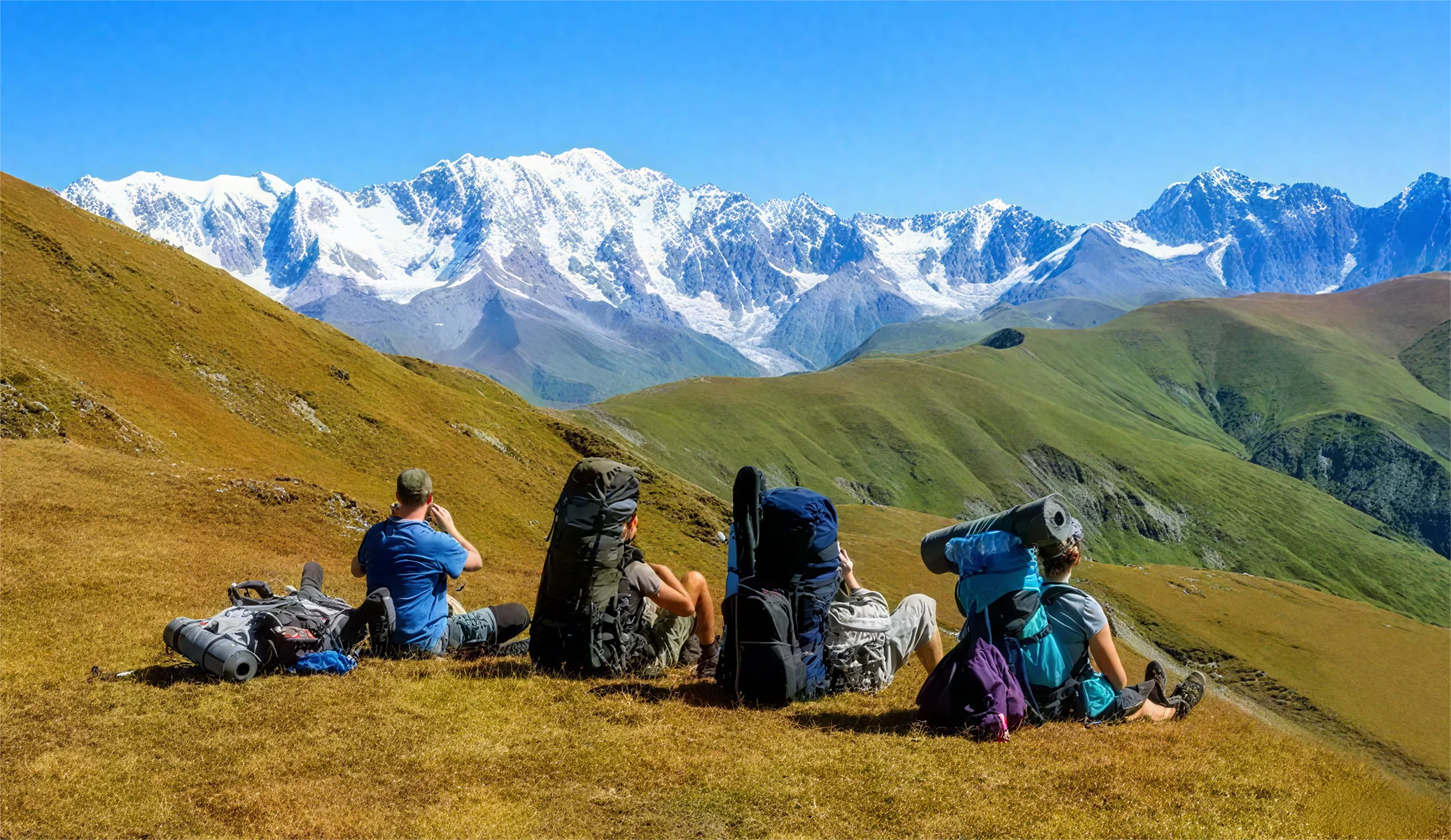2025-09-26
It's late at night, and the campfire has gone out. You slip into your sleeping bag, enveloped by a light yet powerful warmth. The high-fill down captures every bit of heat emitted by your body, creating a perfect cocoon against the mountain's chill. In this quiet moment, reserved just for you, the comfort brings deep satisfaction. But have you ever considered where this ultimate warmth comes from? Has it ever been accompanied by unnecessary suffering?
For true outdoor enthusiasts, the mountains are our temple, and nature our deity. We adhere to the LNT (Leave No Trace) principle, taking away trash and protecting the environment. But should our responsibility extend to the chain behind our gear itself? While pursuing top-tier warmth, we cannot ignore the shadow of ethics.
Once upon a time, the shadows behind the industry
In the past, the down industry was plagued by troubling practices. Live-plucking and force-feeding (primarily for foie gras production, with the goose's down as a byproduct) were once a significant problem in the supply chain. These practices inflict immense suffering on animals and run counter to the core values of the outdoor ethos of respecting life and nature. As consumers, we have the right to know that the down we're wrapped in is as clean as it gets.
A Bright Path: The Responsible Down Standard (RDS)
Thankfully, the world is changing. The emergence of the Responsible Down Standard (RDS) is a beacon of hope, illuminating the path to a humane and traceable supply chain. The RDS is an independent, voluntary global standard designed to ensure:
Animal Welfare: Live plucking and force-feeding of poultry are prohibited. Down must be collected as a by-product of the food industry, after the birds are slaughtered.
Traceability: Through certification and oversight at every stage, we ensure the clear origin of down from farm to final product, eliminating the contamination of down from unknown sources.
Chain of Custody: The entire supply chain—hatcheries, farms, slaughterhouses, transporters, processors, and manufacturers—is audited by the certification body.

Choosing RDS-certified down products is about much more than just a certificate.
For animals: It's fundamental humanitarianism. Our enjoyment of the outdoors shouldn't come at the expense of other lives.
For consumers: It gives the products in our hands a story. This warmth is a responsible and conscientious act. Our purchase is a vote of faith, supporting brands that go the extra mile for ethical practices.
For the environment: Sustainable outdoor living includes sustainable consumption. The RDS's promotion of by-product utilization aligns with the environmental philosophy of resource recycling.
For the products themselves: Brands that adhere to RDS standards generally have a higher standard for quality. Humanely sourced down often comes from healthier birds raised in better conditions, resulting in fuller, higher-quality down.
Disanji Commitment: From Purity, Backed by Responsibility
Disanji, the "Third Pole," carries more than just a brand identity; it carries a heavy responsibility. The Qinghai-Tibet Plateau is a pure land and a sacred place for life. We are committed to incorporating this philosophy of excellence and purity into every aspect of our products.
Therefore, we believe that a truly exceptional outdoor experience should not be built on the suffering of any living being. A Disanji sleeping bag brings not only warmth like springtime for the body, but also peace of mind and tranquility for the soul. This warmth is truly complete and worthy of nature's warmth.
Be a Conscious Consumer: Your Choice Matters
As members of the outdoor community, we have the power to change the world. Every purchase is a choice. Choosing RDS-certified products sends a clear signal to the entire industry: consumers demand products that combine performance with ethics. This is prompting more brands to examine their supply chains, pushing the industry toward greater transparency, humanity, and sustainability.
Next time you buy gear, besides considering fill power, fabric, and temperature rating, please also ask, "Where does the down come from?"
Because we care about so much more than just temperature.